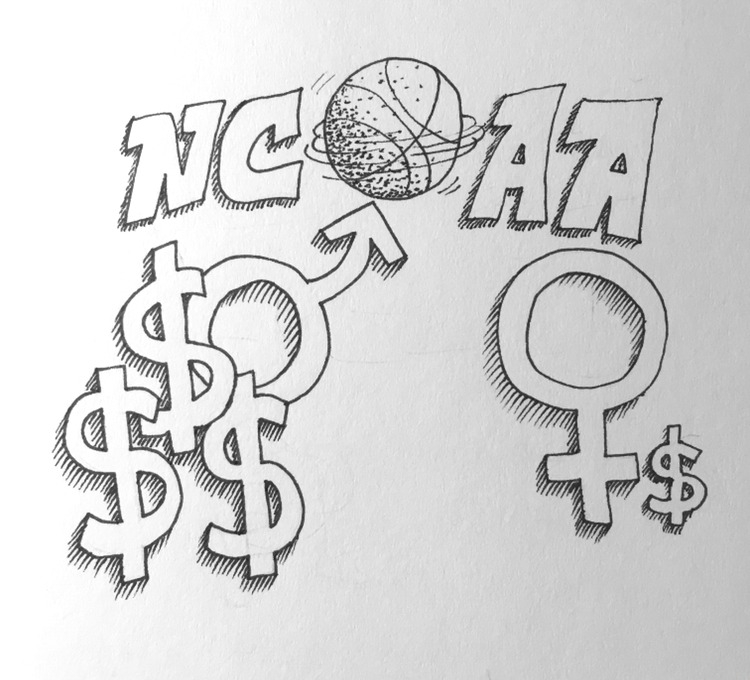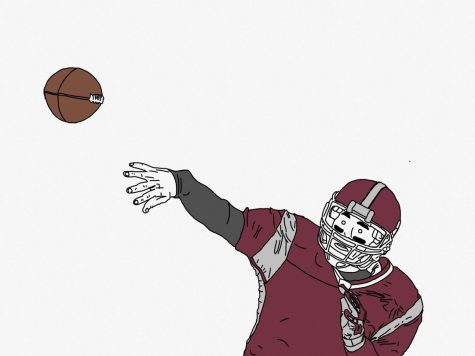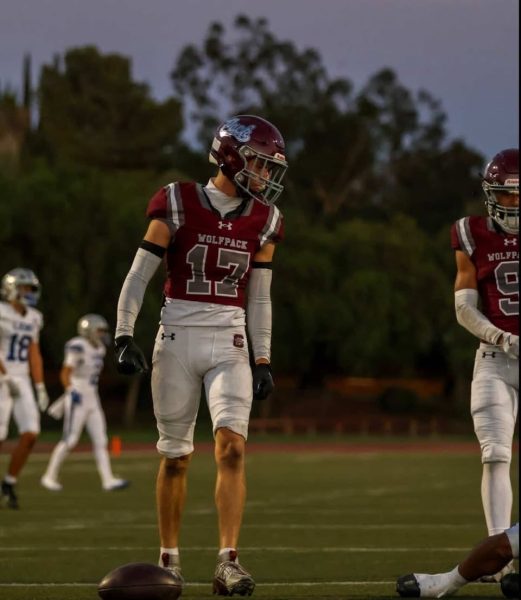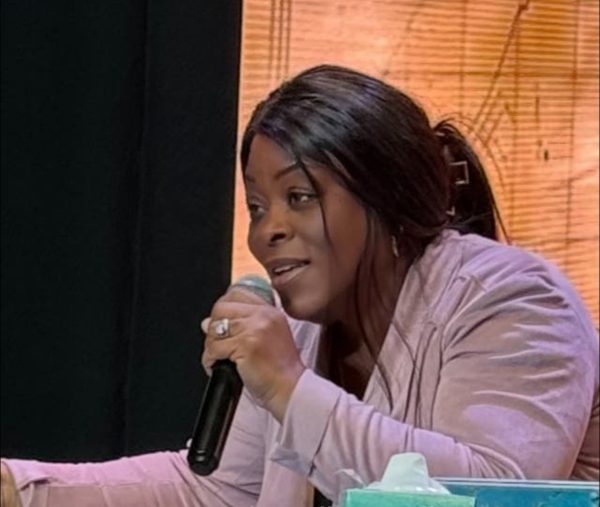#FreeSedona: Oregon Women’s Basketball star Sedona Prince sues NCAA
For many college athletes, a widespread discussion has been revolving around social media and education boards. The simplified question: Should college athletes get paid? Athlete compensation has been a major debate for the past few months, as apps like TikTok or Instagram, where athletes have the opportunity to get brand deals or sponsorships, have become more prevalent. This pressure amongst other factors has culminated in the Supreme Court deciding to hear a case on whether or not the National Collegiate Athletic Association (NCAA) has violated the nation’s antitrust laws. The debate has continued, as college athletes argue that college sports are turning into businesses, and the NCAA is restraining their athletes from competition. Yet, one person has taken action, and her name is Sedona Prince.
Sedona Prince first gained attention and popularity from her viral videos on TikTok, where she has a current following of 2.1 million people. She typically films herself with her teammates, or on her own playing basketball. However, she is now known for much more than those original casual, lighthearted videos that show how tall the basketball player really is (6’7”, to be precise); in March of 2021, Prince filmed a video personally calling out NCAA for not giving the women’s basketball teams the same equipment as their men’s teams at the March Madness tournament facility. She showed the men’s fully-furnished weight room, that was filled with weights, dumbbells, and equipment that was necessary for athletes to prevent injuries and strengthen muscles. In return, the women’s weight room consisted of a set of mediocre weights. That’s it. No machines for athletes to press weights, or run miles upon — just a set of ten, five-pound dumbbells. In the video, Prince states that when the pictures of the men and women’s weight rooms got released, the NCAA released a statement saying that “it wasn’t money, it was the space that was the problem.” Prince then continued to rebuttal against the NCAA, showing an abundance of free space that was easily accessible for more equipment.
“If you aren’t upset about this problem, then you’re a part of it,” she concluded.
The Oregon Basketball athlete is also known for her “NCAA Bubble Meal” videos, where she films herself showing what was for breakfast, lunch, or dinner that day. The meals are almost always questionable pieces of meat, mashed potatoes, little to no vegetables, and a prepackaged dessert, yet the men’s basketball team had buffets of dishes and not one prepackaged meal. Two days later after Prince’s videos of exposing the NCAA went viral, Prince posted an exciting video of her and her teammate cheering, exclaiming that the NCAA updated and improved their weight room.
“Thank you NCAA for listening to us!” Prince said. “We appreciate y’all, thank you so much, for real!”
However, Prince is back to fight against the NCAA, and this time, she’s not alone. Recently, Prince was joined by Arizona State swimmer Grant House in filling a 95-page federal lawsuit against the NCAA and the Power Five conferences, the largest collegiate leagues that operate under the NCAA’s purview. The aim of the suit is based on one thing: fairness. To be specific, Prince and House’s team of attorney states that the suit claims the NCAA and the Power Five conferences “violated federal antitrust laws in abiding by a particular subset of NCAA amateurism rules that prohibit college athletes from receiving anything of value in exchange for the commercial use of their name and likeness.” Prince and House alike took the suit as a call to action for the NCAA and the Power Five conference, calling on the purportedly discriminatory organizations to allow athletes who played in any of the last four years, and in the future, fair compensation. This coverage would take into consideration the organization’s use of the athlete’s names, image, and popularity when allocating fair compensation to the athletes in return for their publicity — which of course brought in money for the NCAA and Power Five, but none for the athletes.
“NCAA coaches take home multimillion-dollar salaries. Billion-dollar television deals are made, extravagant facilities are built, and commercial sponsorships churn in more revenue for the NCAA,” attorney Steve Berman said in a public statement. “The college sports industry has been immensely profitable for every party involved except the players themselves — the very ones who make the business of college sports possible and fill seats and build cult followings of fans.”
After spending the prior year at Texas University, Prince transferred to Oregon last summer but was not able to play the 2018-19 season due to a serious leg injury. This injury required multiple surgeries. However, when she was recovered and ready to step back on the court, Prince received a piece of news that would change her athletic career forever. Her application to play last season for the Oregon Ducks was denied by the NCAA. Thus, the current lawsuit contends that when Oregon fans made “Free Sedona” T-shirts to support her in the wake of her rejected application, Prince was denied the right to sell them due to NCAA rules.
“I had to undergo several surgeries, and my bills were in the tens of thousands of dollars,” Prince said in a statement. “And on top of that, I was stressed about the potential of my injuries keeping me from playing again. Even with all of this facing me, I was still unable to receive any outside compensation from endorsements or social media because of the NCAA. It’s unfair. … For all the hard work college athletes put in, for all the risks we take and injuries we sustain, and for all the money we generate, we should at least be able to share in the profits that can be made off of our own names, images and likenesses. If not us, who can rightfully claim that and profit from it?”
Hello there! Our goal is to provide relavent, engaging journalism for readers of all ages. Your donation will support the student journalists of the Wolfpacket at Claremont High School, and will allow us to purchase equipment, print our monthly issues, and enter in journalism competitions. We appreciate your consideration!
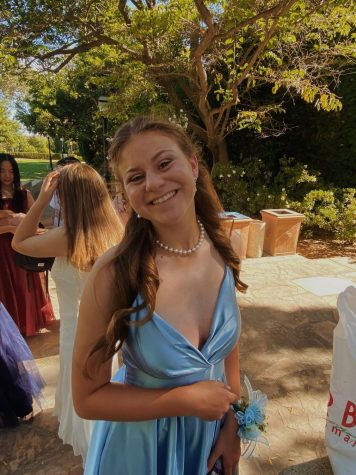
If you have explored Instagram in the vast few months, there is only one person that has continuously posted updates from their favorite musical artists...
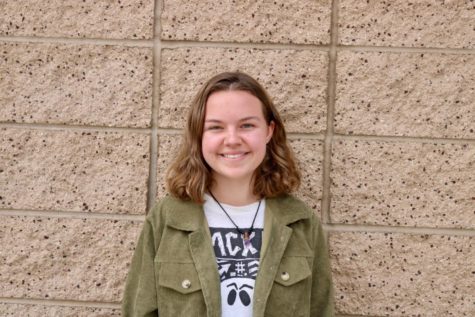
The 2020-2021 school year marks Ady Bolinger’s second year on the Wolfpacket staff. Bolinger, a junior at Claremont High School, holds an editorial position...



